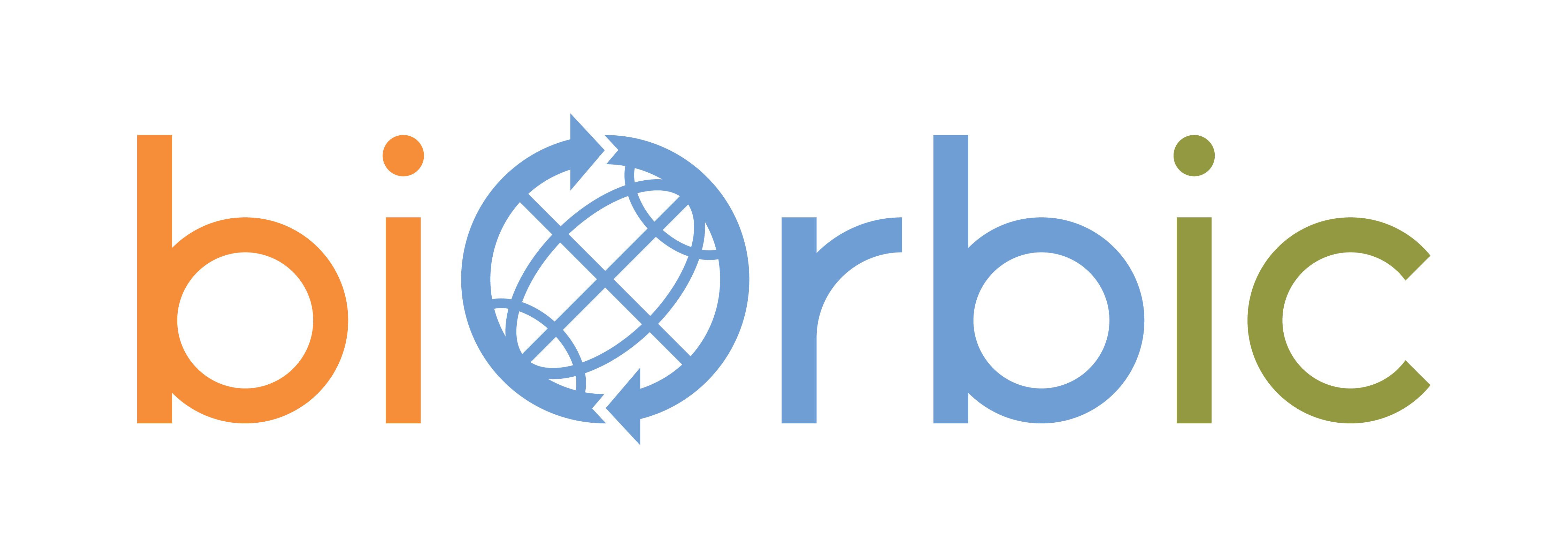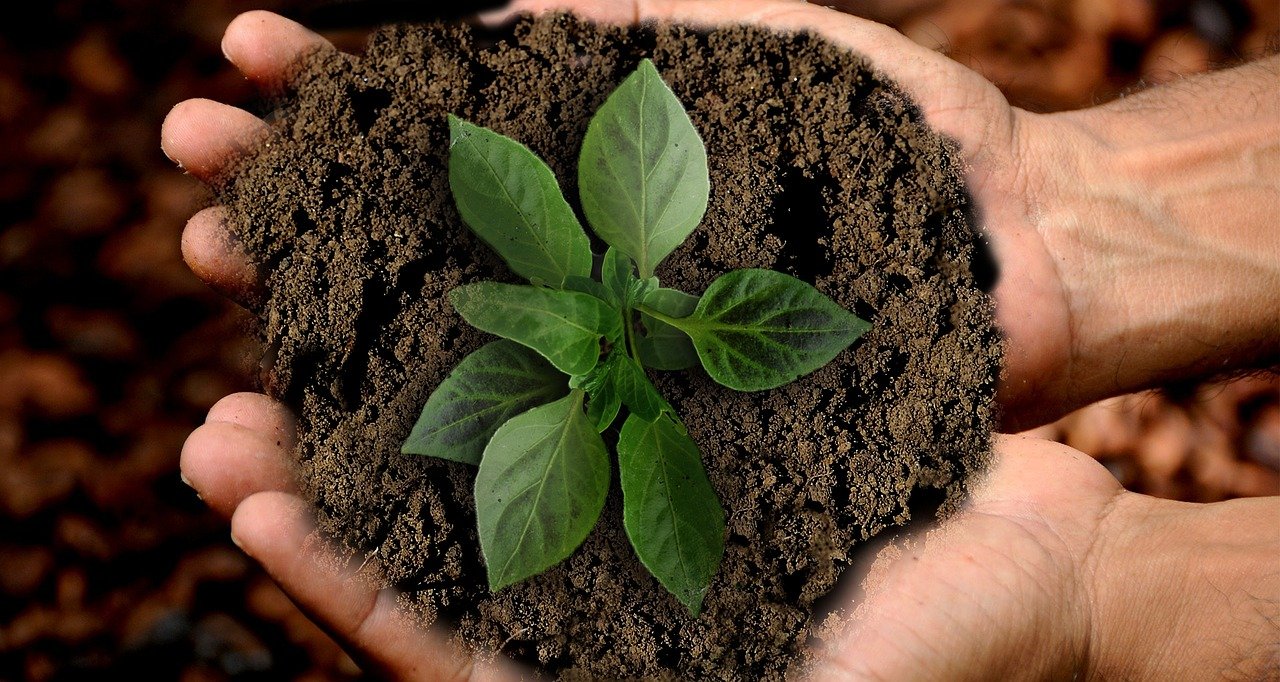Today marked the start of Bioeconomy Ireland Week 2020, which kicked off with its launch event this morning.
Speaking at the event was Martin Heydon TD, Minister of State at the Department of Agriculture, Food and the Marine, Marc Palahi, Director of the European Forest Institute, and Kevin O’Connor, Director of BiOrbic Bioeconomy SFI Research Centre. The session was moderated by Helen Carroll of RTE’s Ear to the Ground. Speakers gave short presentations which was followed by a lively Q and A session.
Economic Potential
The first question to address was how, in the midst of a pandemic and its economic fallout, can the bioeconomy help us to ‘build back better’. The panel touched on the bioeconomy’s economic potential, particularly to stimulate rural areas. Minister Heydon stated ‘We’ve seen it in all countries. The economy is driving people into cities to the disadvantage of rural areas. A developed bioeconomy would actually strengthen these areas by providing new jobs and infrastructure.’
Similarly, there is a strong demand for greener products amongst the wider public. Prof O’Connor pointed out that there was a premium to be paid for green products according to market research. ‘If you look at big companies like Nestle, they‘re talking about carbon neutrality in their 5-year plans. This is driven by consumer interest’. But Palahi cautioned that public funding was ‘not enough to catalyse the biggest transition in economic history’ and for this we would also need investment. In agreement, O’Connor added that costs would be incurred regardless of the direction we choose and we should decide which costs we are willing to pay. ‘Do we want to be paying millions of euros in fines or carbon taxes, or do we want to be paying millions in investment? It’s a no-brainer.’
Synergistic and Inclusive Policy
On the topic of investment, all mentioned the need for synergistic approaches within government to ensure the bioeconomy is truly supported. One example was to link business investments with biodiversity investments, as without unifying them there is the risk they will work in opposition. Minister Heydon added ‘What we want to ensure, and certainly what I will be working to ensure, is that every department will be looking at where the bioeconomy fits in. It’s not just one department’s job, this needs to be driven by all sectors of society.’
The panel also stipulated the need for the right policies to facilitate the development of the bioeconomy. Palahi offered some examples of success stories from Finland, where primary producers were solicited for proposals on how they could improve their operations. ‘This is part of the process of involving primary producers early. It’s a great way to mobilise them and obtain their commitment.’
Supporting Primary Producers
Discussion moved to the critical role primary producers will play in supporting the development of bioeonomy. It was echoed that there was a need for ‘buy-in’ from producers but emphasis was placed on how they could be involved early and supported to transition. Minister Heydon pointed out that Irish farmers are working harder and for less income than previous generations but that they are open to working smarter. ‘This doesn’t just mean increasing scale but making the most of resources available’.
Prof O’Connor agreed that for farmers, telling them to go green is not enough, it needs to be economical for them. He added that farmers can often feel at a loss as to how they as individuals can contribute. To help tackle this, his team at BiOrbic in collaboration with Carbery are working on a project that will demonstrate how farms can become carbon neutral. ‘We want to show farmers on a national scale what they can do to make changes. It’s about demonstration. If you can’t see it, you can’t emulate it.’
Education as Early as Possible
Finally, the panel addressed education and the need to increase awareness of the bioeconomy from as early an age as possible. Palahi stated that the bioeconomy will not succeed unless children, as its future stakeholders, internalise it early. He added that ‘rethinking our education system is one of the greatest challenges of this century. There is a lot of excitement around the digitisation of education using sophisticated tools but nature is the ultimate sophistication and we need to ensure children are connecting with their natural world.’
O’Connor explained that in Ireland, BiOrbic has already worked with the Department of Agriculture, Food and the Marine to ensure that bioeconomy-related topics are in the curriculum from the primary school level and that a masters’ degree in the bioeconomy is now offered through a collaboration between UCD and ICT-Tralee. However he believes there is a lot more work to be done. Palahi also noted that on a tertiary level, the bioeconomy should be incorporated into the curricula of Business Schools, with both business and natural capital being ‘two sides of the same coin’.
Conclusion
Though there were many more questions to answer, the event drew to its scheduled close. A final audience poll suggested that 82% had enough information to ‘get involved in the bioeconomy’. Minister Heydon then ended the session stating, ‘This is only the beginning of a very exciting week with a lot of activity. Raising awareness of this issue is so, so important. A lot of people don’t like change and change is a challenge, but here in Ireland we’re up for that challenge and we’re excited to uncover the opportunities available to Ireland and its people.’


